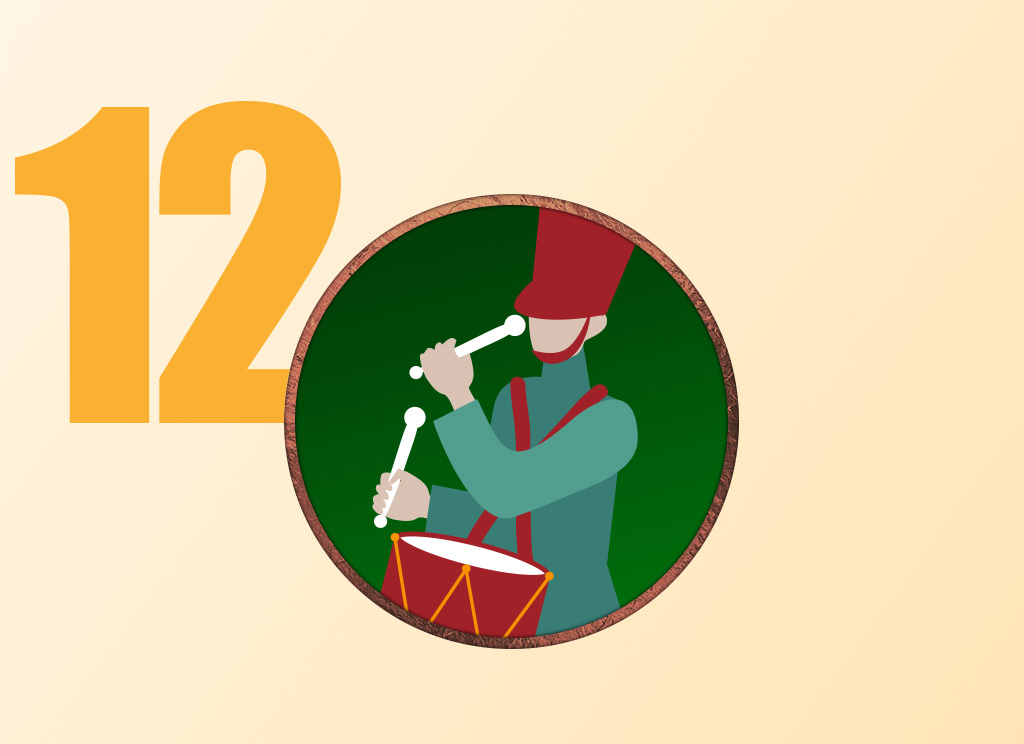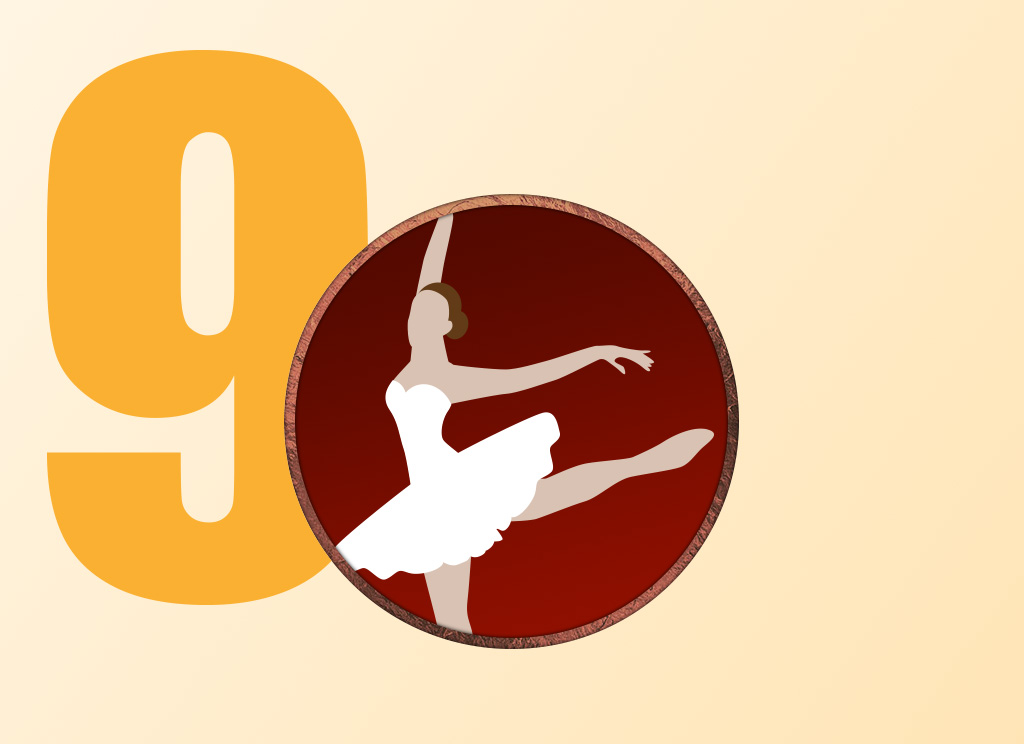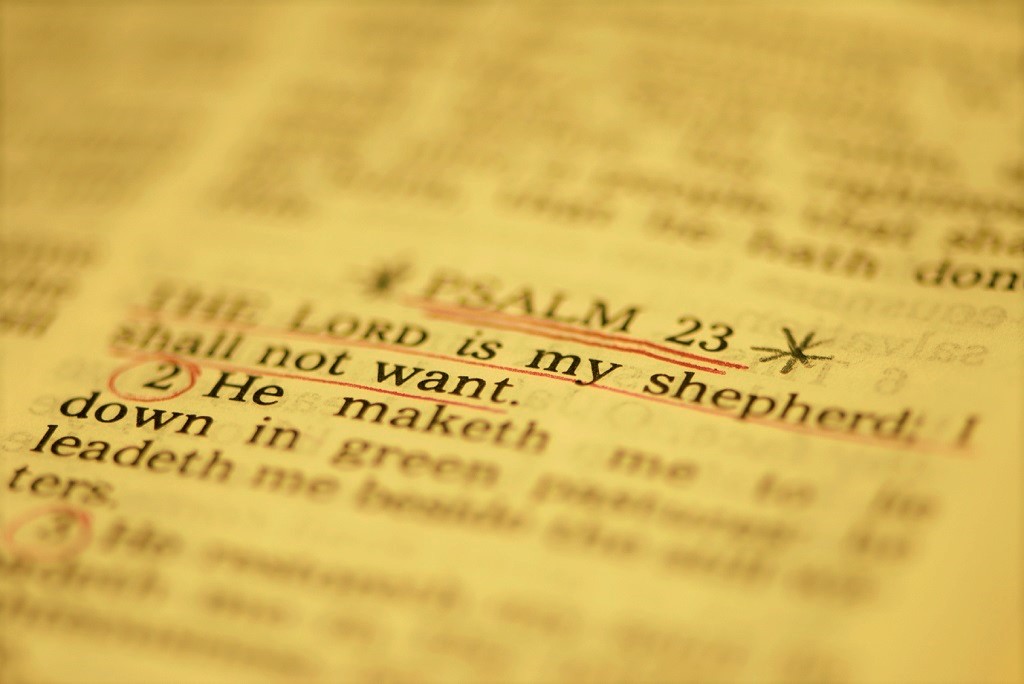Have you ever heard the term “Doctor of the Church?” Does it bring to mind a stethoscope and time in a waiting room with outdated magazines? A “Doctor of the Church” has to do with spiritual health, not physical. Let’s talk about the Doctors of the Church.
First, in the 2,000 year history of the Church, only 35 men and women have been proclaimed “doctors,” so you know it must be special. But what does it mean?
[T]he Doctors of the Church are an elite cadre of Catholics who: 1) Demonstrated exemplary holiness; 2) Deepened the whole Church’s understanding of the Catholic faith; and 3) Were officially declared Doctors via papal proclamation. (Technically, an ecumenical council of bishops could also do the proclaiming, but they never have chosen to do so.)
The title itself dates back to the early fifth century, when Rufus of Aquileia decided the term “doctor” made a nice synonym for “teacher.” His innovation soon became a trend, and by AD 420, Augustine himself began giving the “doctor” label to some of the most authoritative teachers from the early Church.
So far, so good. But why should the average Catholic pay attention to these folks? The Doctor of the Church (you can find all of them listed here) have something to teach us. They have provided us with new insights (not new teachings) into our beautiful Faith. They all faced particular challenges – some personal, some regarding the times and circumstances they lived in – with faith, hope and charity.
For instance, there is St. Hildegard of Bingen. She was an abbess, an artist, a mystic, a gardener, a musician … Many people thought she was crazy, or at the very least pompous. How could God reveal himself to a woman, after all? Hildegard loved music, and knew it was one way to pray:
Sometimes when we hear a song we breathe deeply and sigh. This reminds the prophet that the soul arises from heavenly harmony. In thinking about this, he was aware that the soul itself has something in itself of this music…
Then there is St. John Chrysostem. “Chrysostem” wasn’t his name; it was a title given to him. It means “golden mouth,” because of the eloquence of his speaking and preaching. That didn’t keep him from trouble, however. The empress Eudoxia was so offended by him that he had to go into exile. St. John Chrysostem loved the Eucharist:
It is necessary to understand the wonder of this sacrament. What it is, why it was given, and what is the profit of the action. We become one body, and members, as it is said, of his flesh and of his bones… This is effected by the food which he has given us… He has mingled his body with ours that we may be one, as body joined to head.
With 35 Doctors, the Church has given us an enormous treasure of teachings, insights into the sacraments, prayer: all of the aspects of a Christian life well-lived. Why not spend some time getting to know one of these Doctors? It’s good medicine for the soul.




